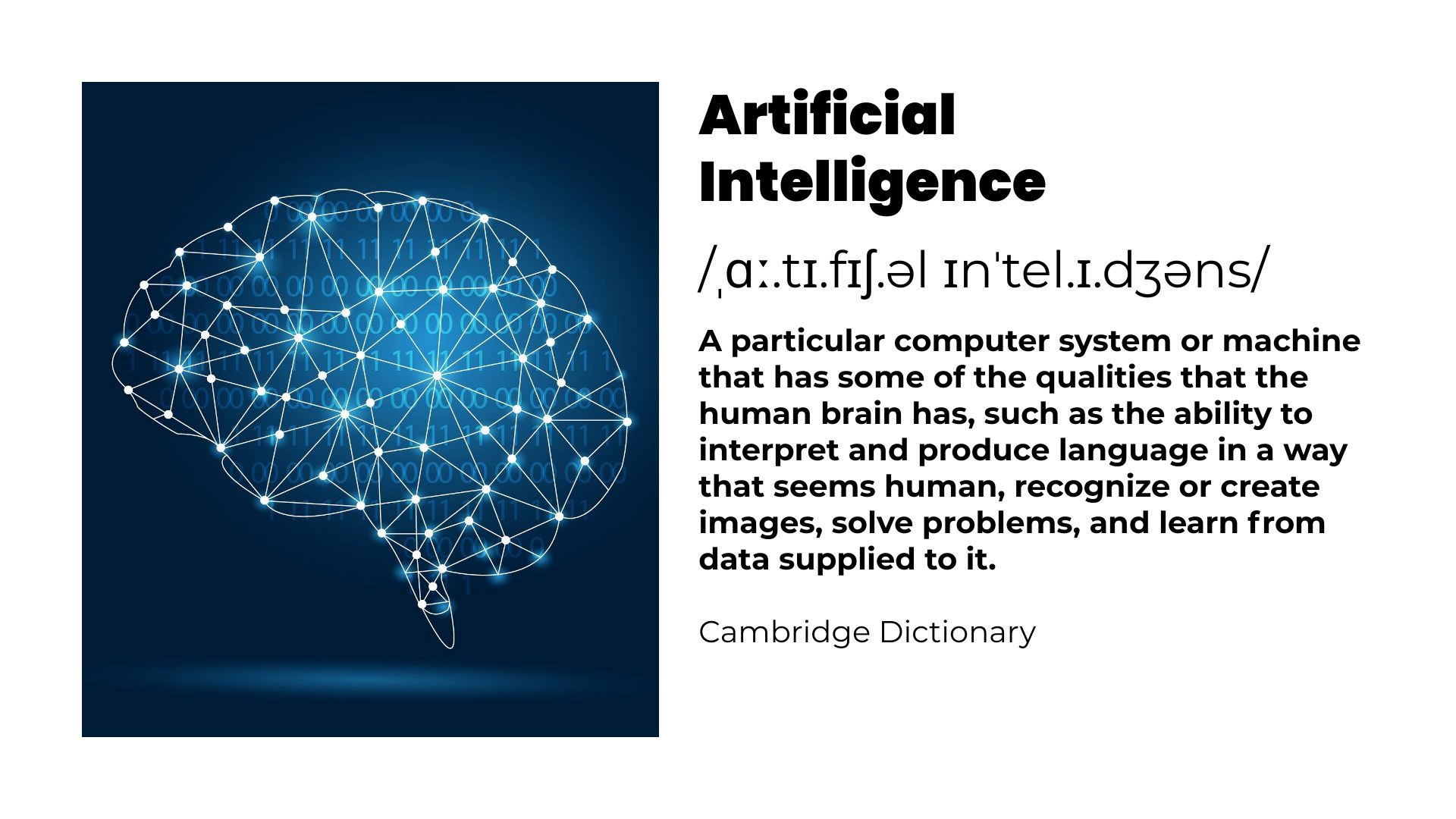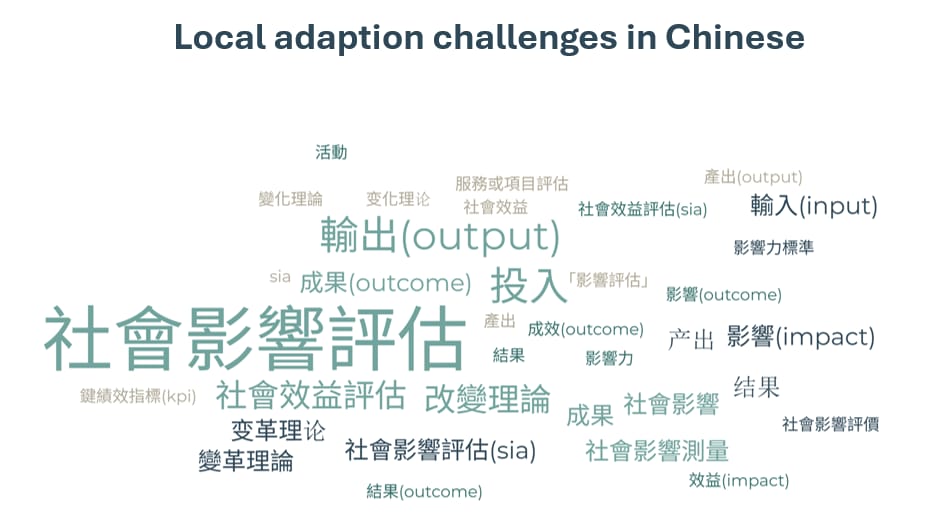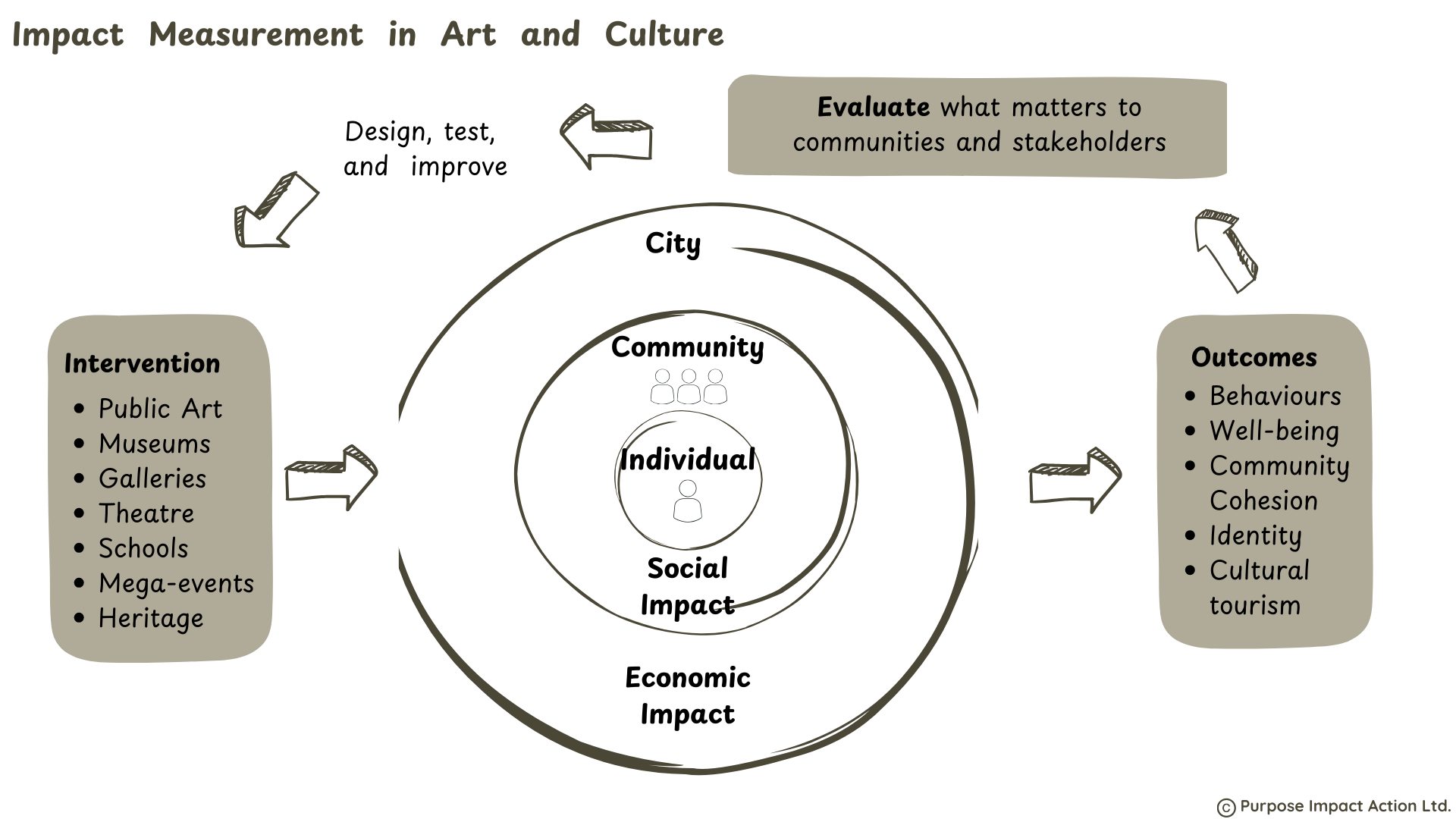In today’s business landscape, it’s no longer enough to simply focus on the bottom line. Companies are increasingly recognizing the importance of social impact – the positive effect their operations have on the people and communities they touch.
Redefining Sustainability and Social Impact:
Sustainability has become a holistic concept, encompassing the three pillars of ESG: environmental, social, and governance.
Think of social impact as “people impact.” It’s not just about charitable donations or CSR programs; it’s about the ripple effect your business has on every person it interacts with, both internally and externally.
From employee well-being to supply chain partnerships, from community engagement to hiring practices, every aspect of your business can contribute to positive social impact.
Understanding Your Stakeholders:
At the heart of social impact lies a fundamental question: How does your business affect the people it touches?
To answer this, you need to understand your stakeholders – your employees, customers, suppliers, community members, and anyone else who is impacted by your operations.
- Who are they?
- What are their needs and concerns?
- How can your business positively impact their lives?
Listen, Learn, and Act:
The key to creating meaningful social impact is to listen to your stakeholders. Engage with them, understand their perspectives, and identify the challenges they face. Only then can you develop solutions that truly address their needs and create positive change.
The Power of Partnerships:
Working with NGOs and other organizations that are deeply embedded in the communities you serve can be invaluable. They possess valuable insights and expertise, allowing you to tailor your social impact initiatives to meet specific needs and achieve greater effectiveness. More info at Impact measurement
The Business Case for Social Impact:
Investing in social impact isn’t just about doing good; it’s also good for business. By prioritizing social responsibility, companies can:
- Enhance employee engagement and retention.
- Strengthen brand reputation and customer loyalty.
- Attract and retain top talent.
- Gain a competitive advantage in a socially conscious marketplace.
A New Era of Accountability:
This evolution is fueled by several key factors:
- Stakeholder Expectations: Consumers, employees, and investors are demanding more than just financial returns. They want to see companies operating ethically and responsibly, contributing to positive social change.
- Social Justice Movements: Movements like #MeToo and Black Lives Matter have highlighted the consequences of unsustainable societal practices and the need for companies to actively address systemic inequalities.
- Increased Transparency: Certifications like B Corp, donation commitments like the 1% Pledge, and benchmarks like the Corporate Human Rights Benchmark (CHRB) and the FTSE Diversity and Inclusion Index provide companies with clear metrics to assess their social impact and compare themselves to their peers.
Beyond Compliance:
Simply complying with laws and guidelines regarding social sustainability is no longer enough. Companies are being held accountable for their actions, and neutral third parties are increasingly assessing their performance. This transparency allows companies to identify areas for improvement and demonstrate their commitment to positive social change.
The Power of Authenticity:
Younger generations, in particular, are demanding authenticity from brands. They expect companies to align their actions with their values and actively promote social justice, especially for marginalized and vulnerable groups.
Embracing Social Impact:
Companies that embrace social impact are not only doing the right thing; they are also positioning themselves for long-term success. By prioritizing ethical practices, promoting diversity and inclusion, and actively contributing to the well-being of their stakeholders, companies can build stronger brands, attract and retain talent, and create a more sustainable and equitable future.
The shift towards social impact is not just a trend; it’s a fundamental change in how businesses operate. Companies that fail to adapt will be left behind, while those who embrace this new era of responsibility will thrive.
By Pia Wong, Founder & CEO, Purpose Impact Action
Share your thoughts in the comments below










